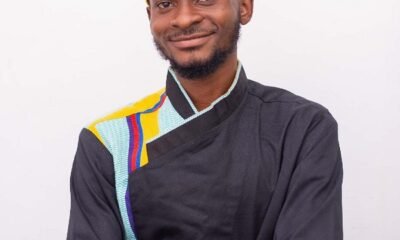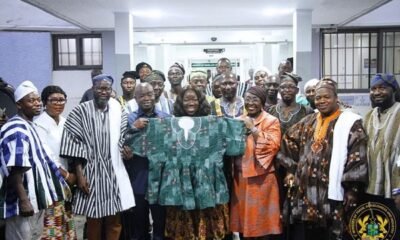Profile
Serving Humanity with Love, Humility, and Integrity …The story of Hajia nadia abbas alhassan iv
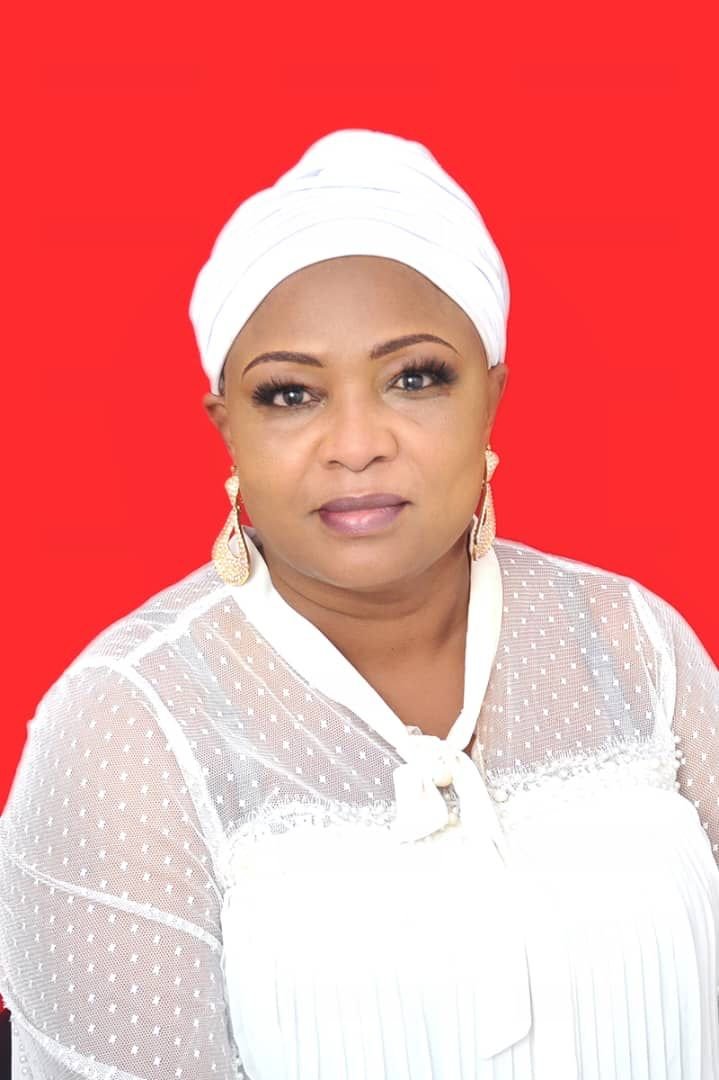
In a time when communities yearn for authentic leadership grounded in compassion and purpose, one name has steadily risen to embody the promise of renewal — Hajia nadia abbas alhassan iv
To many, she is more than a personality; she is a movement. To the youth, a source of inspiration; to women, a voice of courage; and to society, a symbol of service anchored in divine calling.
For Nadia, leadership is not an ambition born of politics but a calling from the heart, one she describes as a divine mandate to serve humanity with love, humility, and integrity.
“It is a calling from the divine; putting smiles on people’s faces gives me internal joy,” she says.
This philosophy has shaped her journey from grassroots advocacy to a broader mission of empowerment — particularly among women and young people. Her life is a testament that true leadership begins not with titles, but with service.
Those who know Nadia describe her as a leader of quiet strength — one who acts more than she speaks and listens before she leads. Her influence grew organically through community work, where she devoted herself to addressing everyday struggles, from mentoring young girls to supporting widows and championing education in underserved areas.
Nadia believes leadership should emerge from empathy, saying,
“A true leader must first understand pain; you cannot lead people you don’t listen to.”
Her commitment to servant leadership is reflected in her philosophy: to lead is to serve, not to rule. She consistently advocates for leadership models rooted in compassion rather than competition, believing that the true measure of power lies in how much good it can achieve.
Women and Youth Empowerment
Women’s empowerment stands at the core of Nadia’s mission. Through mentorship, advocacy, and community initiatives, she has worked to uplift women and young girls, encouraging them to see beyond limitations and societal barriers.
She insists that empowering women is not just a moral duty but a necessity for national development.
“When you empower a woman, you empower a generation,” she often says.
Her approach blends mentorship with practical support, ensuring that women gain not only confidence but also opportunities. Her campaigns have emphasised education for girls, entrepreneurship for women, and protection for the vulnerable. She has called on society to rethink how it values women — urging both men and women to become partners in progress rather than opponents in struggle.
Equally passionate about the youth, Nadia describes young people as “the heartbeat of change.” Her initiatives focus on nurturing their talents, guiding them toward purpose-driven careers, and instilling values of discipline and self-belief.
“We must create systems that help young people discover who they are and what they can contribute,” she says.
Her mentorship programmes focus on leadership training, community service, and personal development — turning potential into performance.
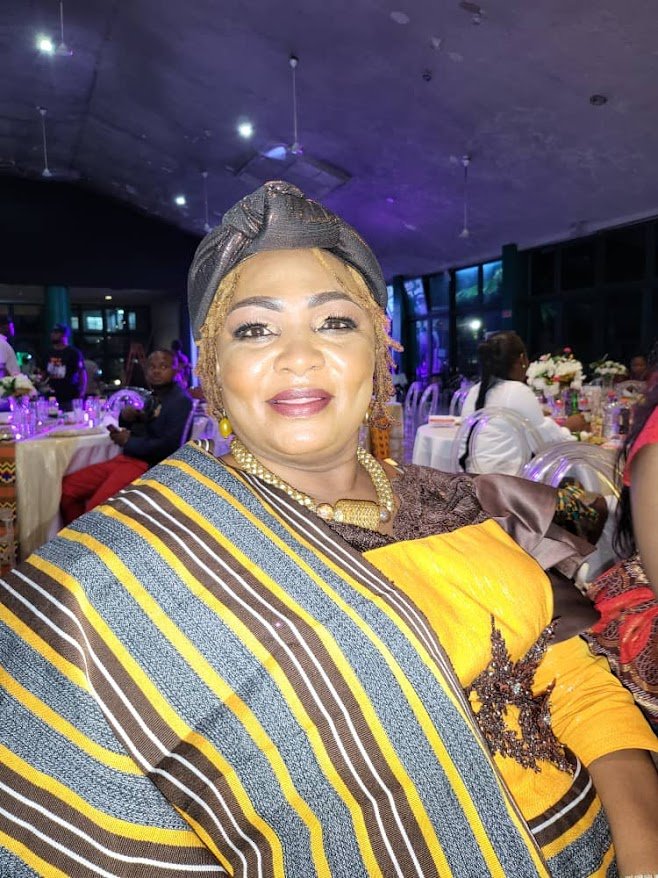
A Life of Compassion and Faith
Nadia’s story is also one of compassion in action. Beyond public appearances and advocacy, she is known for her quiet acts of kindness — supporting the sick, helping orphans, and standing with families in crisis.
Her leadership is deeply spiritual. To her, service to humanity is service to God.
“Love knows no boundaries; it sees no colour, creed, or status. It embraces all and seeks the good in every person,” she says.
This universal message of love and unity defines her worldview. She believes society can only progress when grounded in empathy and mutual respect.
For Nadia, protecting people’s dignity is non-negotiable. She has often spoken against corruption, discrimination, and all forms of social injustice.
“To protect is not merely to defend,” she explains, “but to ensure that every person can live in dignity and safety.”
She describes her work as a divine mandate — a call to embody compassion in leadership. To her, faith and service are inseparable; leadership must be guided by moral conviction and divine purpose.
“Nadia Season” — A Movement of Hope
Her supporters call this moment “Nadia Season” — a symbolic expression of renewed hope and collective awakening. It is less about politics and more about purpose; less about power and more about people.
She envisions a society where leadership is measured not by how loudly one speaks, but by how faithfully one serves.
“This is no longer a time for empty promises,” she says. “It is a time for proven purpose — for unity, compassion, and results.”
Hajia Nadia Abass Abubakar’s journey is still unfolding, but her impact is already being felt. She has inspired a generation to see leadership through the lens of service.
Her philosophy of love, equality, and compassion resonates deeply with those who believe in a better Ghana and a more humane world.
Her story is not just about one woman’s ambition but about a people’s awakening — a reminder that leadership is not inherited, but earned through service.
By Esinam Jemima Kuatsinu
Join our WhatsApp Channel now!
https://whatsapp.com/channel/0029VbBElzjInlqHhl1aTU27
Profile
From dormancy to dominance: Rev. Emmanuel D. Niikoi’s inspiring netball journey
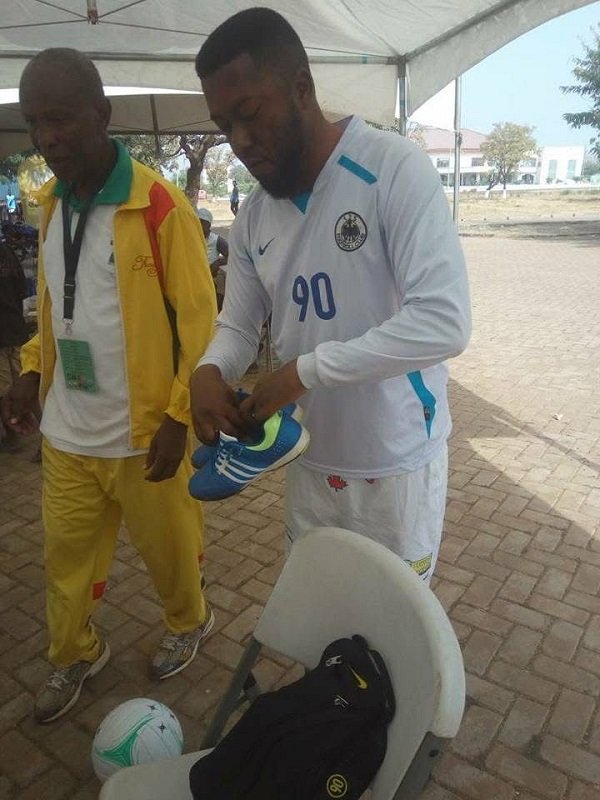
IN the annals of Ghana’s sporting history, certain individuals stand out not merely for participating in sport, but for transforming it.
Rev. Emmanuel D. Niikoi is one such figures. Revered as the father of modern netball in Ghana, is widely credited with rescuing the game from near extinction and transforming it into a vibrant, structured and nationally recognised sports discipline.
His journey reflects vision, resilience and an unwavering commitment to youth and sports development.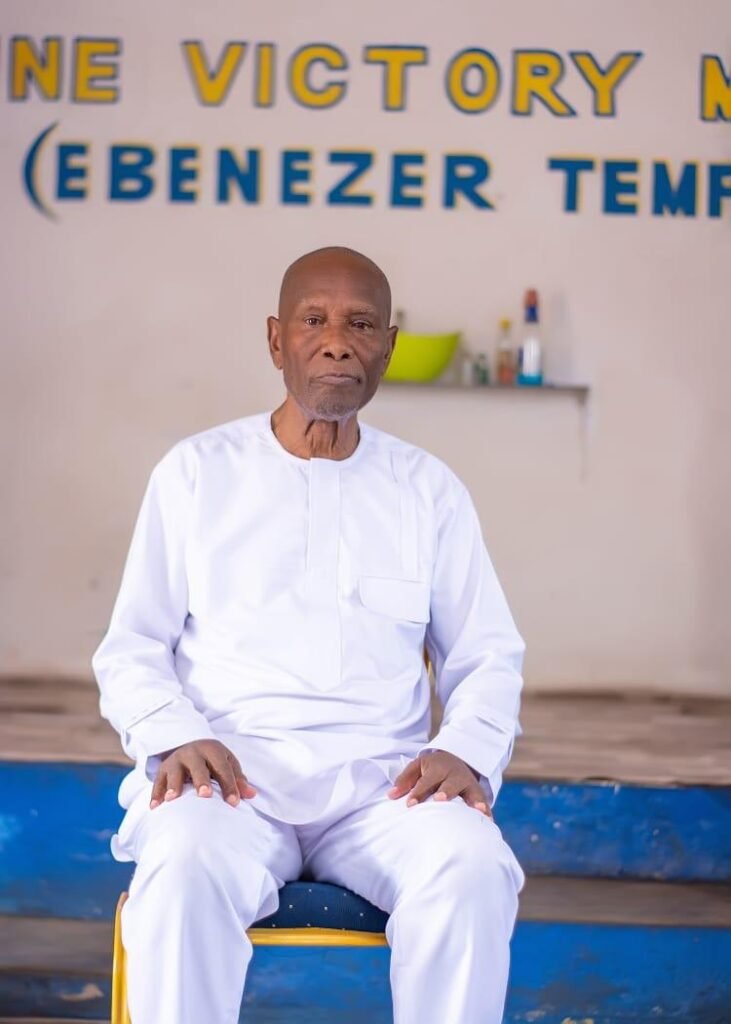
Netball was introduced to the then Gold Coast by Christian missionaries alongside formal education. By the 1960s and early 1970s, the sport had gained remarkable popularity in schools and colleges, ranking second only to football and, in some institutions, rivaling it in appeal.
However, during the 1974/75 academic year, the Ghana Education Service (GES) took a policy decision to step down netball in favour of basketball development. The decision dealt a severe blow to the sport.
Between 1975 and 1985, competitive netball virtually disappeared from Ghana’s sporting calendar.
That decision of the GES can be blamed for the current state of the sports that is producing heroines across the globe.
The revival of the game can be traced to 1985 during the Golden Jubilee celebration of the Ghana Broadcasting Corporation (GBC).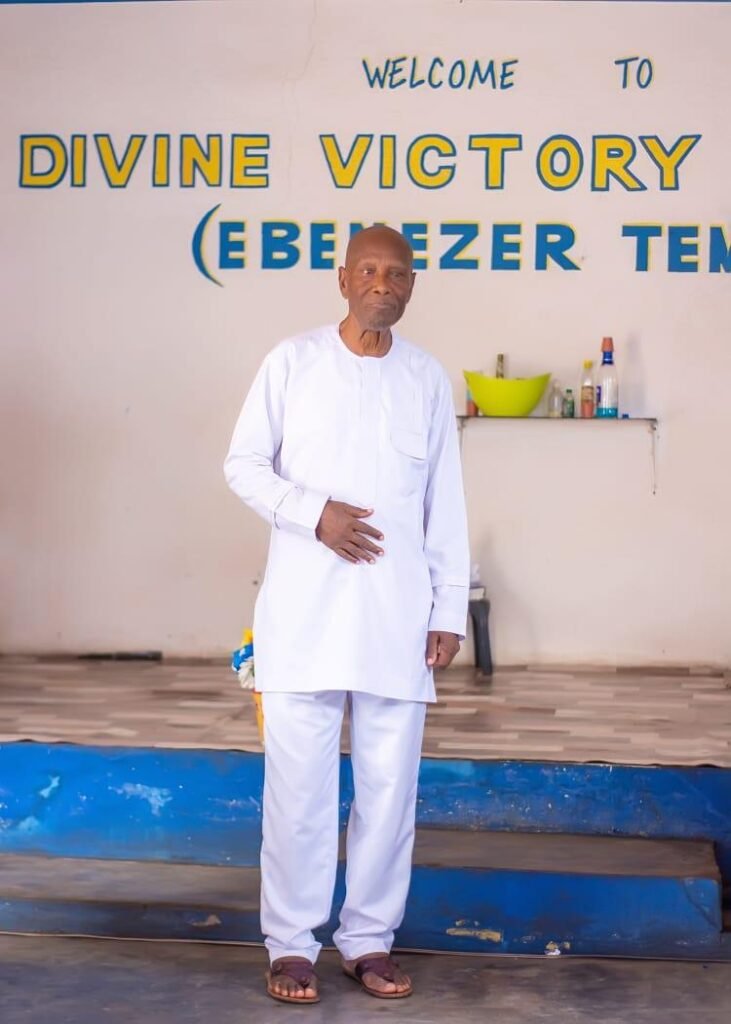
At the time, Rev. Niikoi was serving as Chief Editor (News) in the Radio Newsroom. Understanding both the historical importance and untapped potential of netball, he championed the inclusion of a netball tournament as part of the anniversary celebrations. The event reignited public interest and reminded many of the sport’s former glory.
Crucially, Rev. Niikoi did not allow the momentum to fade after the festivities. The GBC netball team formed for the tournament, aptly named “Golden Hands,” became the cornerstone of a national revival campaign.
With determination and personal sacrifice, he led tours across the country, using the team as a practical training platform.
He personally taught sports teachers under the GES the official rules of netball, reintroduced structured competition, and restored confidence in the sport’s viability.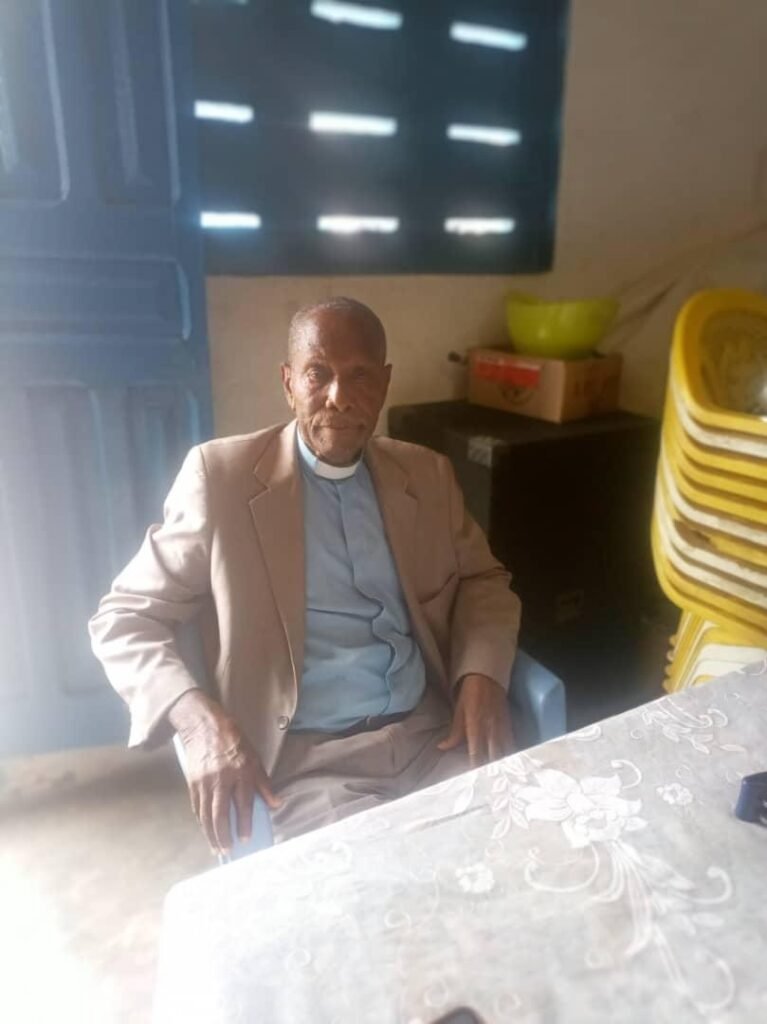
These efforts culminated with the formation of the Netball Association of Ghana in 1988, now known as the Netball Federation of Ghana.
In 1990, the association gained formal recognition from the National Sports Authorities, previously known as the National Sports Council (NSC), restoring netball’s status as an official sporting discipline.
This milestone marked the rebirth of organised netball in Ghana and cemented Rev. Niikoi’s place as founder of the national governing body.
Revival soon transitioned into consolidation. Over the years, Rev. Niikoi consistently lobbied educational and sports authorities to reintegrate netball into major school competitions.
His advocacy led to the sport’s reintroduction into the National Basic Schools Sports Festival, the Senior High and Technical Schools Sports Festival, the Colleges of Education games, and competitions under the Ghana University Sports Association (GUSA).
Today, netball is played across the entire educational structure in Ghana, from basic schools to public universities, a testament to his sustained and strategic efforts.
On the continental and global front, Ghana is a full member of World Netball and was a founding member of the Confederation of Africa Netball Associations (CANA), now Africa Netball.
In 2004, Ghana hosted the inaugural Africa Netball Cup of Nations in Accra and emerged champions after defeating Namibia in the final. The victory not only boosted Ghana’s sporting image but also validated years of groundwork.
In 2007, Rev. Niikoi was elected Director of Marketing and Media for CANA, serving a four-year term and contributing to the sport’s development across the continent.
In 2019, following governance reforms required by the International Olympic Committee to lift sanctions related to state interference in sports administration, national federations were mandated to adopt independent constitutions. Under this new framework, the Netball Federation of Ghana successfully drafted its constitution and conducted elections.
On June 19, 2019, Rev. Niikoi was elected the federation’s first President under the independent constitutional order which is symbolic and deserved recognition of decades of service.
Beyond netball administration, Rev. Niikoi also served two terms spanning eight years from March 2018 to March 2025 as an Executive Board Member of the Ghana Olympic Committee.
His presence on the board ensured that netball maintained visibility within Ghana’s broader Olympic movement.
A Bachelor of Arts graduate in Combined Honours (History and Law), Rev. Emmanuel D. Niikoi has trained numerous coaches and umpires nationwide, strengthening the sport’s technical foundation and ensuring sustainability.
His leadership style combines administrative discipline with grassroots engagement, making him both a strategist and a mentor.
From dormancy to dynamism, the resurgence of netball in Ghana bears his unmistakable imprint. Through advocacy, institution-building and capacity development, Rev. Niikoi has secured a lasting legacy.
Today, every netball match played in Ghana, whether at a basic school court or a university festival stands as living testimony to his vision and perseverance.
By Esinam Jemima Kuatsinu
Profile
Autism Awareness Care & Training: Pioneering autism care, inclusion in Ghana
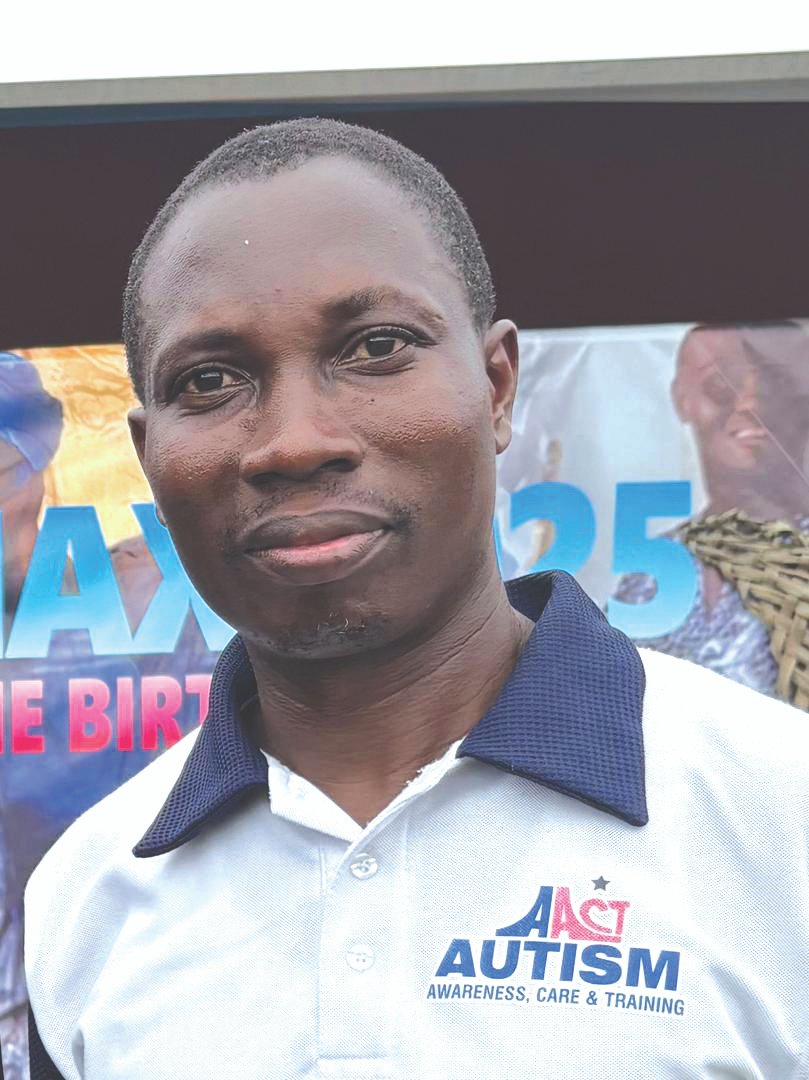
AUTISM Awareness Care and Training (AACT) is Ghana’s first autism-focused centre, playing a pioneering role in the care, education, and advocacy for children on the autism spectrum and their families.
Established in 1998, AACT began as a parent-support and training initiative at a time when autism was poorly understood in Ghana. Many families raising autistic children faced stigma, isolation, and limited access to information or professional assistance.
Over the years, the organisation has evolved into a full-fledged autism care and training centre, responding to the growing demand for specialised services and sustained nationwide awareness.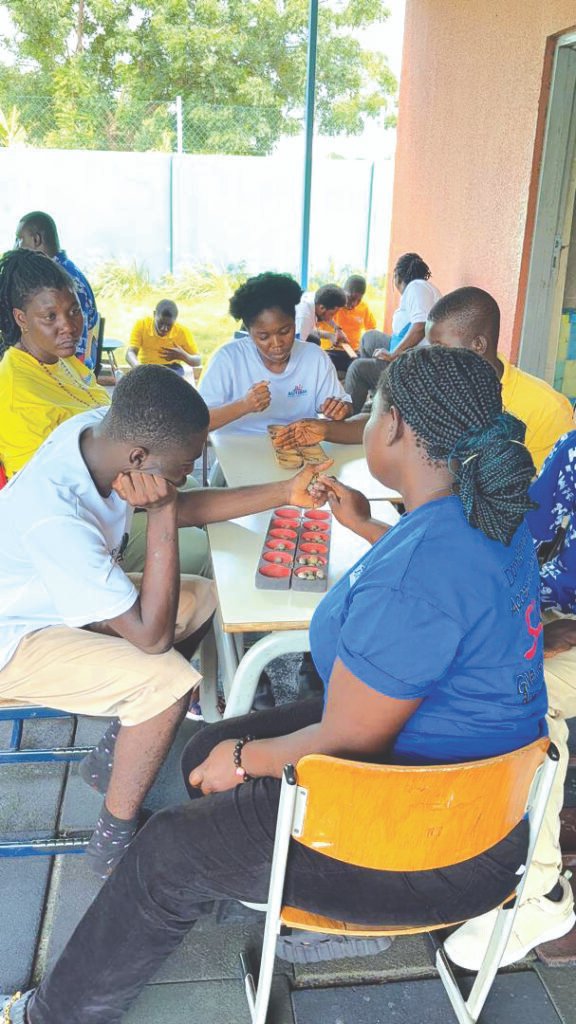
AACT is currently located in Haatso, Accra, where it operates a structured day programme serving about 25 learners daily. The centre provides a safe, inclusive, and supportive environment where children with autism are guided to develop essential life, social, and functional skills.
Programmes at the centre focus on independent living skills, vocational and pre-vocational training, functional academic skills, and therapeutic interventions. These activities are tailored to the individual needs of each learner, recognising that children on the autism spectrum learn and develop at different paces.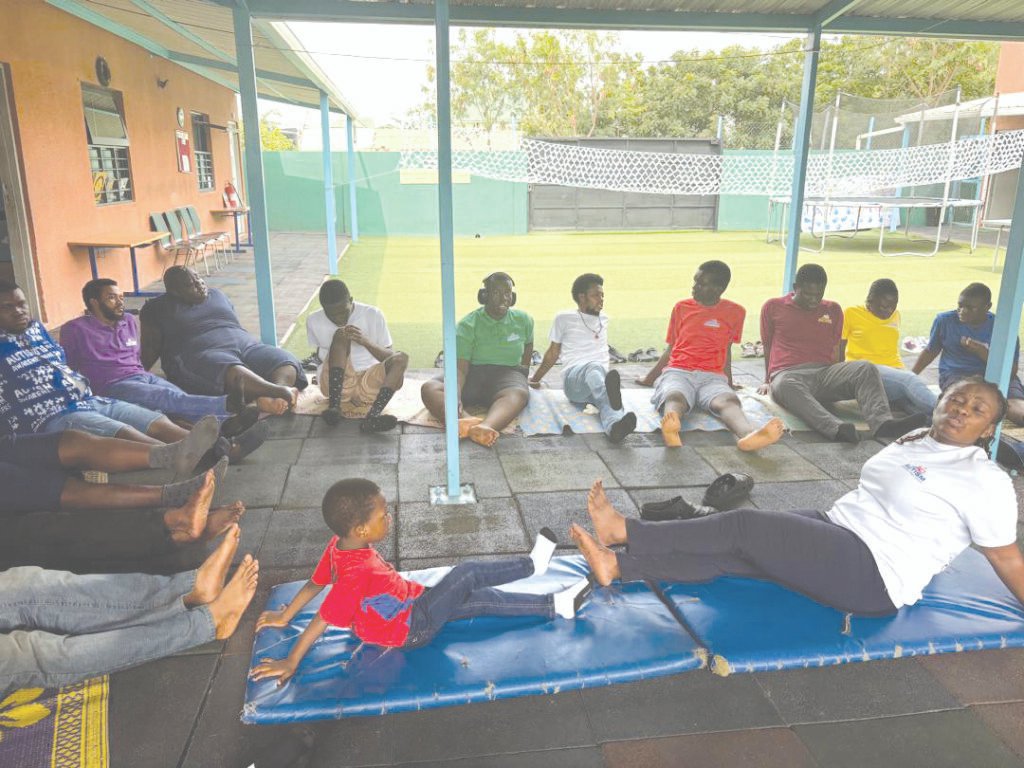
According to Abeiku Grant, Head of Programmes at AACT, the centre’s philosophy is centred on ability rather than limitation.
“Every autistic child is different,” he said. “Our work is to support them at their own pace and help them discover what they can do, not to focus on what they cannot do.”
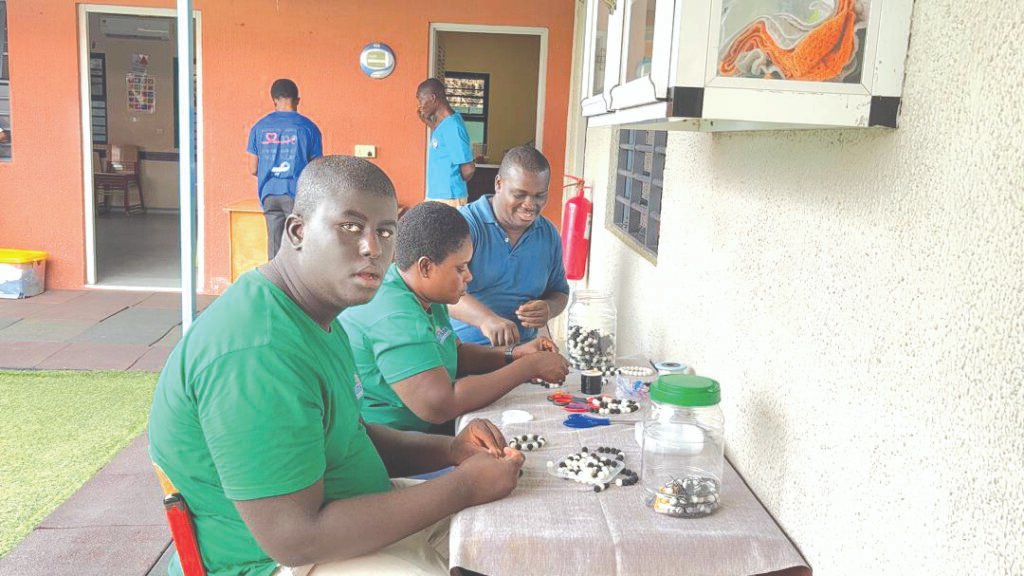
Beyond centre-based services, AACT places strong emphasis on autism awareness and advocacy, particularly within schools and communities. Many children with autism in Ghana continue to face rejection and exclusion due to stigma, misinformation, and the lack of trained personnel in educational institutions.
In 2025, AACT reached over 20 schools across the country, providing autism education to teachers, students, and school administrators.
The organisation also runs free teacher training programmes, equipping educators with practical knowledge and basic tools to support autistic learners in inclusive classroom settings.
“Many schools tell us they are not resourced or trained to handle autistic learners,” Mr Grant explained. “Instead of waiting for change, we decided to go to them and train teachers for free.”
AACT also engages learners directly, addressing widespread misconceptions about autism, including the false belief that autism is contagious or caused by bad parenting. These outreach programmes aim to build empathy among students and promote peer support for autistic learners in mainstream schools.
Another major challenge confronting families is limited access to autism services, especially outside Accra. With most autism centres concentrated in the capital, many families from other regions are forced to travel long distances or keep their children at home due to cost, stigma, or lack of support.
“Education is not meant only for typical children,” Mr Grant stressed. “Children with autism also have the right to education and care. No child should be hidden because of lack of understanding or opportunity.”
As part of its outreach work, AACT supports parents to overcome stigma and encourages social interaction for children with autism, believing that community engagement is essential for development and confidence building.
In December 2025, the centre received what it described as its largest donation of the year, raised by children from the Unmasked Mentoring initiative. According to the organisation, the donation was particularly significant as it demonstrated empathy and social responsibility among young people.
As a non-governmental, non-profit organisation, AACT depends largely on donations, partnerships, and goodwill to sustain and expand its work. Current needs include a minibus for community-based social activities, expansion of its facility to accommodate more learners, sponsorship support for children from financially challenged families, and funding to scale autism awareness programmes nationwide.
Looking ahead, AACT envisions a Ghanaian society that is inclusive, informed, and supportive of persons with autism.
“Our goal is a Ghana where children with autism are accepted and supported,” Mr Grant said. “Every child has potential. All they need is understanding, opportunity, and care.”
By Esinam Jemima Kuatsinu

